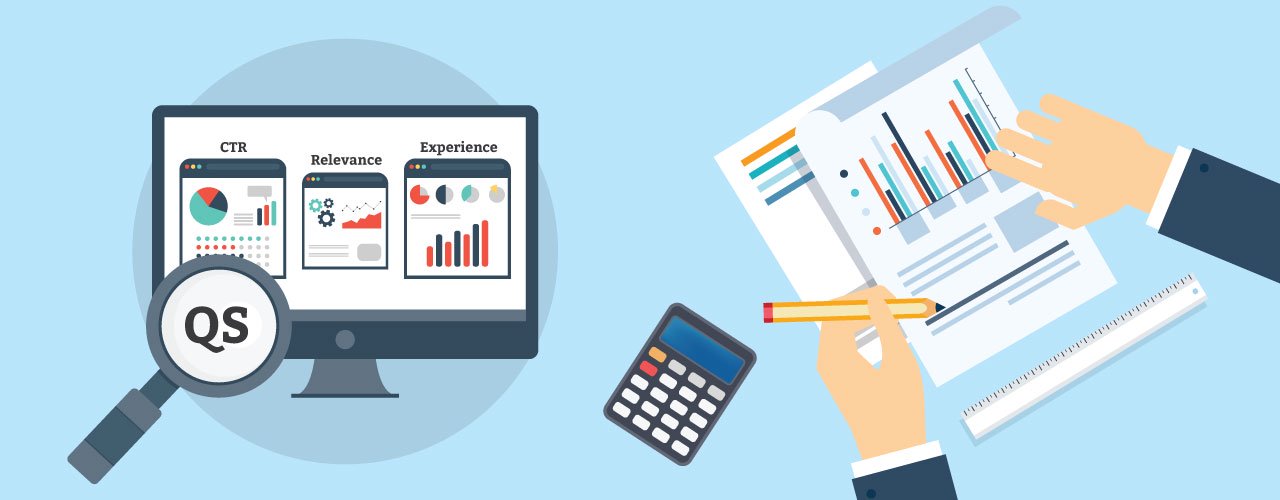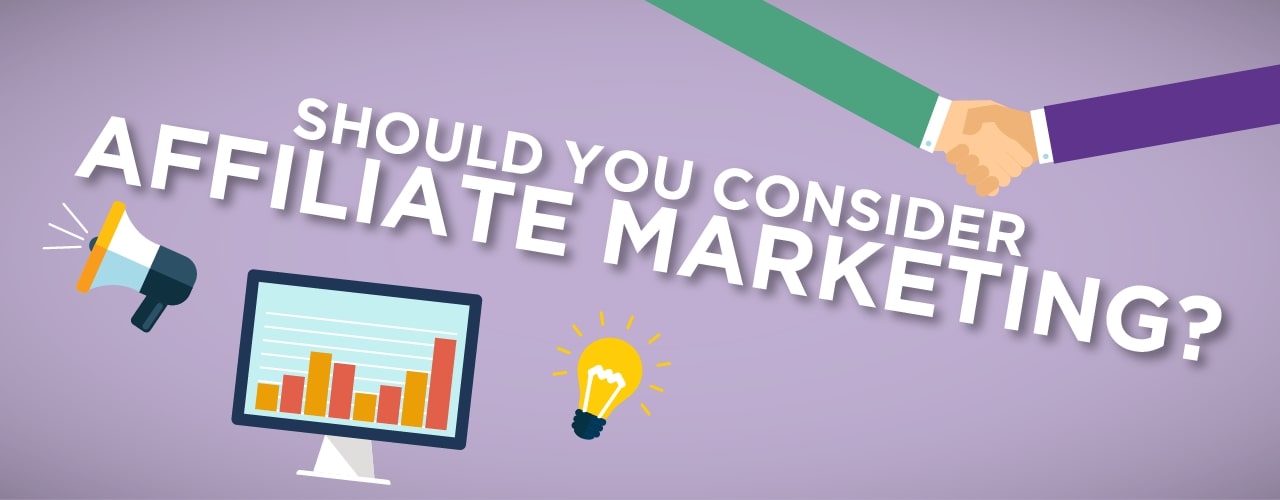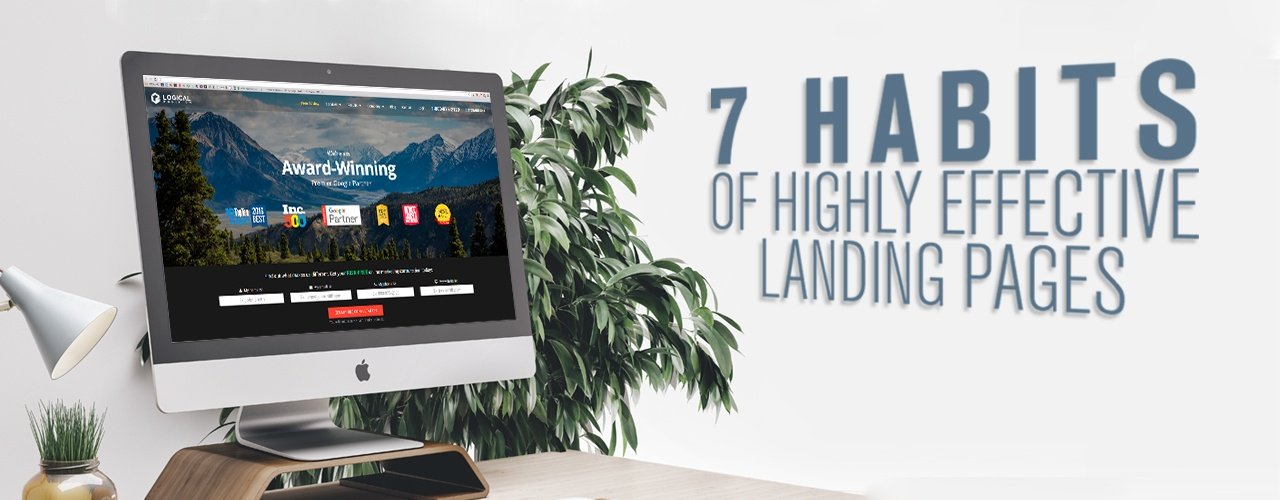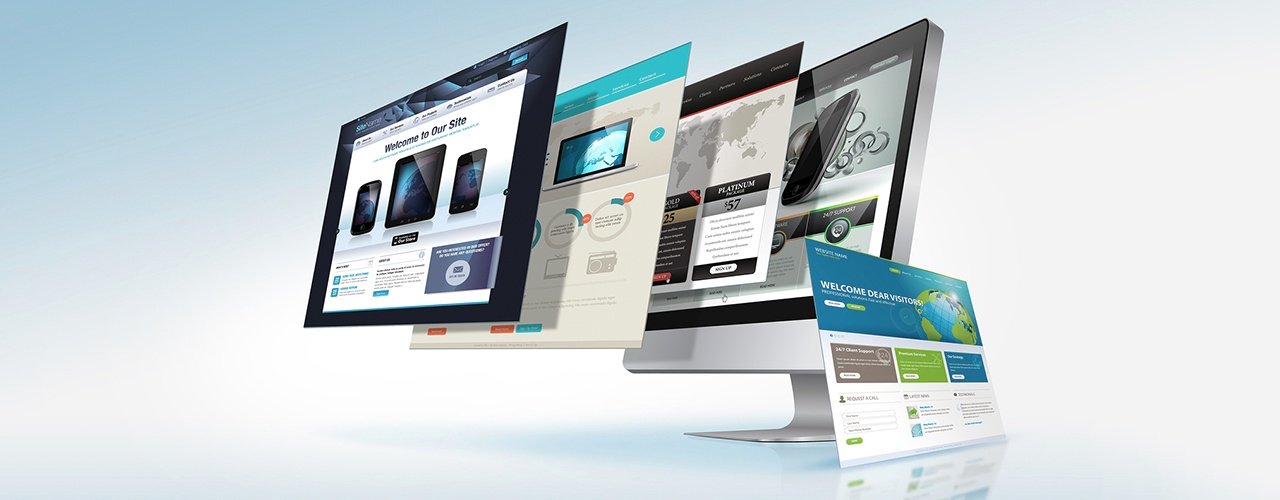To ensure a great user experience Google, Bing and other popular search platforms use a qualitative ranking system that directly correlates to auction preference, position, and cost. This is called Quality Score (QS). Quality Score was born from a misalignment of queries to ads, and presented as a dynamic solution to help remedy poor SERPs (Search Engine Results Page). From the engine’s point of view, poor user experience, i.e. unhelpful SERPs, will drive users to find alternate places to conduct their research and decrease user bases, thus less profit and stability.
What Does This Mean for You?
Quality score is a big component of how well your campaigns will perform on various search engines. Here is what’s at stake by not understanding and planning your strategies, short and long, with quality score top of mind.
- Overpaying for clicks. The higher your quality score, the less you will pay per click. Low quality scores equate to less volume at a higher price.
- Higher ad rank. A low quality score translates into a lower ad rank. Ads are ranked by your QS x Max CPC Bid. For example, to achieve an ad rank of 10 with a quality score of 2, you would need to bid $5/click. To achieve an ad rank of 10 with a quality score of 5, you would need to bid $2/click. In this example you will receive less than half the traffic with a QS of 2 as you would if it were a 5.
- Increased ROI. When your quality score is lower, you are spending more money per click. Less clicks = less sales/leads thus driving down your ROI.
What Goes into Quality Score?
There are three main components that go into quality score:
- Click-through Rate (CTR)
- Ad Relevance
- Landing Page Experience
While no search engine goes into the specifics of how they weigh each component to come up with the cumulative score, there are a ton of best practices you can adopt to get the best quality score possible. Our experience, and that of many of other search marketers, has shown that nothing influences Quality Score more than CTR.
Clickthrough Rate (CTR)
Clickthrough rate is measured by the number of impressions your ad receives compared to the number of clicks. For instance, if your ad is displayed 100 times and four of those impressions lead to clicks on your ad, you will have a click-through rate of 4%.
To qualify for an awesome click-through rate, you need to target your ads to keywords that are very relevant to your ad and limit the number of time your ads show for irrelevant queries by using match types intelligently and leveraging negative keywords.
It is also important to note that high CTRs do not conclusively prove your campaigns are making you money. You should choose keywords that are relevant as well as profitable.
Ad Relevance
This component measures how well your ads match with the keyword you are targeting.
For instance, if you are selling blue jeans with your ad, but you target the keyword Yoga Pants, your ad is providing a poor experience to users.
Google has three ad relevance tiers:
- Below Average. This means your ad is focused on too many keywords or irrelevant
- Average. There are no major problems with your copy and how it matches with your targeted keywords.
- Above Average. Your ads are highly relevant to the keywords you are targeting.
How do you make an ad relevant? You write copy that is directly related to what users are searching and what you’re offering.
Landing Page Experience
Do not underestimate how important this component is. Not only does a well-designed landing page improve your quality score, it will convert people who are visiting your site — the reason why you’re running search ad campaigns in the first place.
Search engines look at a variety of factors to determine your landing page experience. Similar to how Google grades ad relevance, there are three tiers of landing pages: below average, average, and above average.
Google and other search engines look at a number of factors concerning your landing page. For instance, is your landing page relevant to the ad you are promoting and the keywords you are targeting?
Search engines will also examine the user experience. Here are some questions you should ask yourself when creating a landing page for your ad campaign.
- Is my design clear and easy to navigate?
- Is my landing page mobile-friendly/responsive?
- Does my landing page load quickly?
- Are you offering products that are relevant to your customer?
- Are there clear call-to-actions?
Of course, designing a landing page that does all of this well is not easy. To get you started, check out our article on landing page creation services. You can also contact Logical Position to get our web design team up to speed with your landing page.
Pay Attention to Your Quality Score
We cannot stress enough how important it is fully to understand quality score. A great quality score can save you time, money, and increase your ROI. By not focusing on increasing your quality score, you are basically giving your money away to search engines.
Don’t pay a premium on your clicks because your campaigns have low CTRs, irrelevant ad copy, or a poor landing page experience. Start optimizing today!

Logical Position, an Inc. 500 digital agency supporting 5,000+ clients across North America. LP is the proud recipient of Google’s Lead Generation Premier Partner of the Year and Microsoft's Global Channel Partner of the Year 2024! The award-winning agency offers full-service PPC management, SEO, Paid Social, Amazon and Creative Services for businesses large and small. As a Google Premier Partner, Microsoft Elite Partner & Meta Business Partner, LP is in the top 1% of ad spend managed across platforms.




